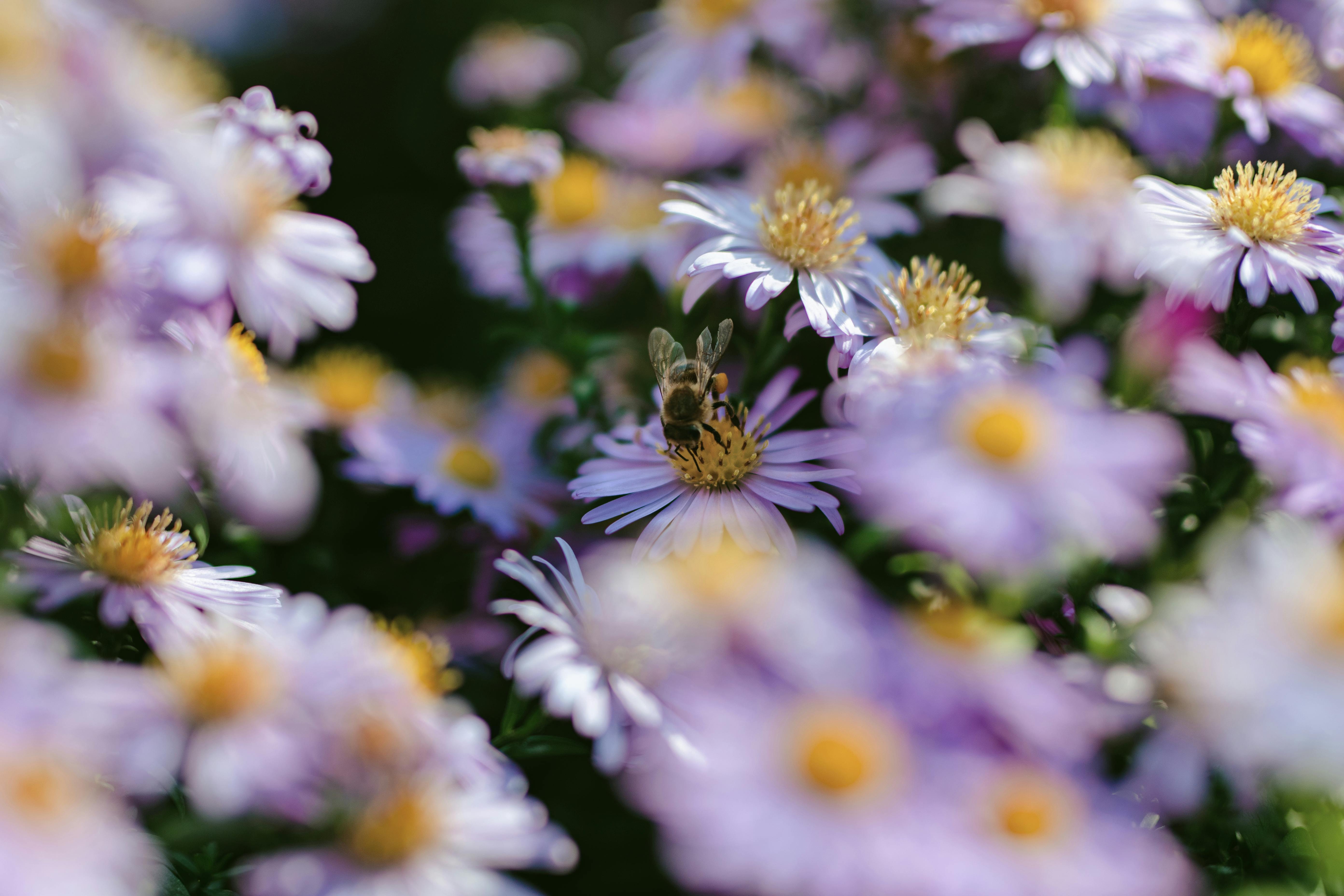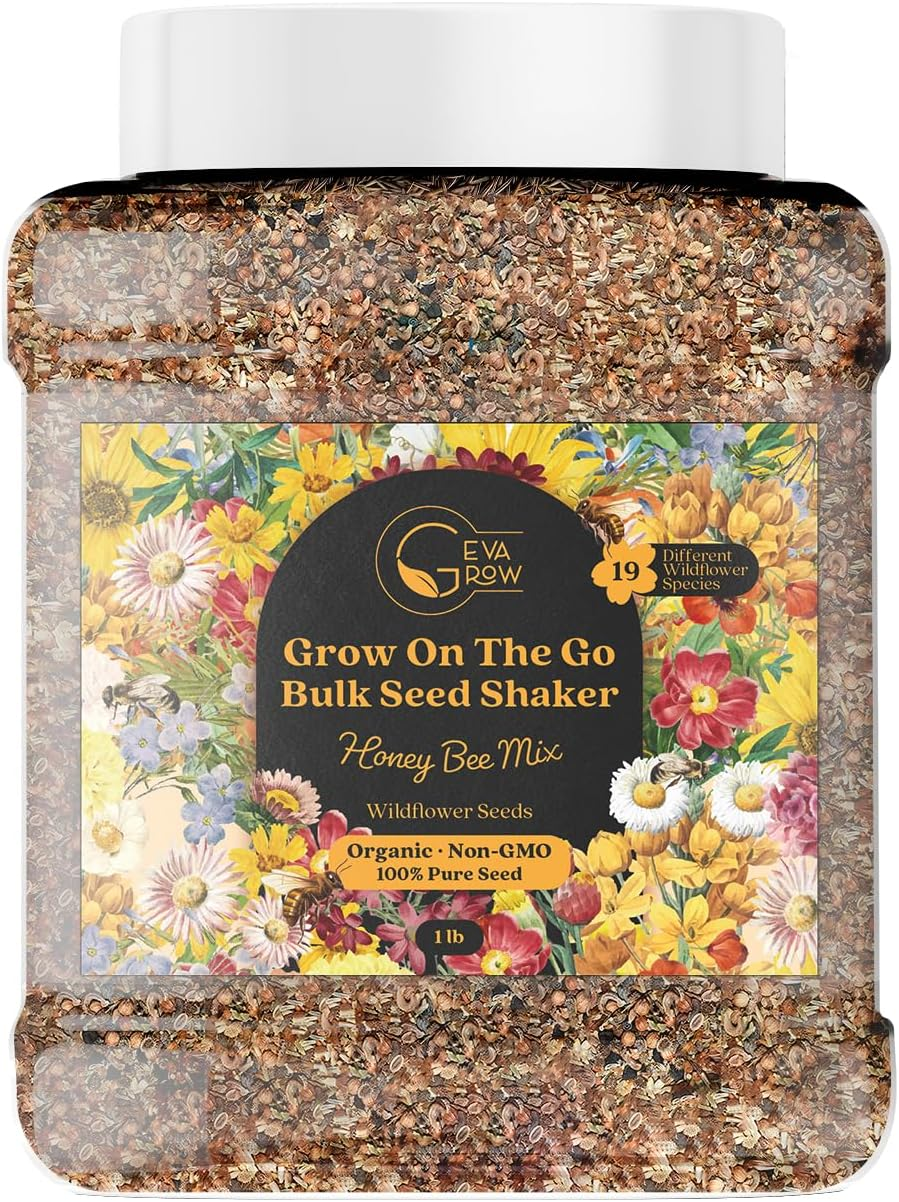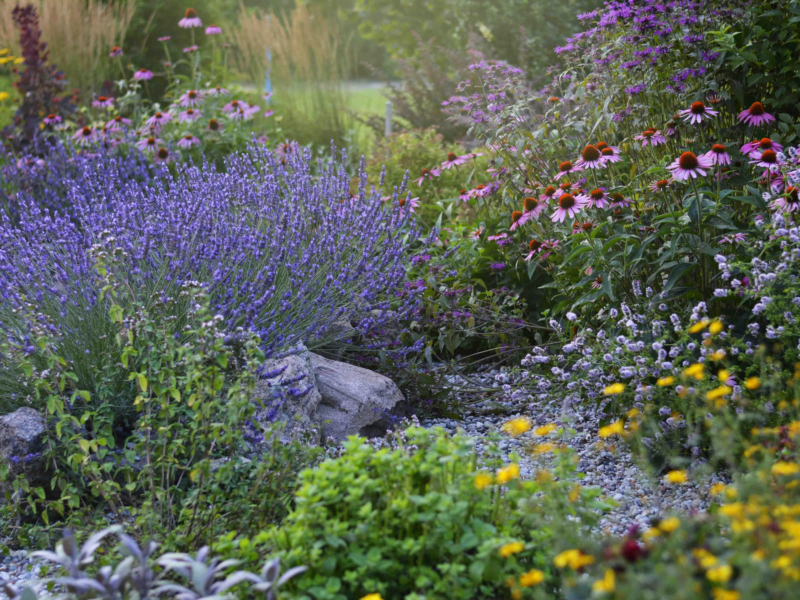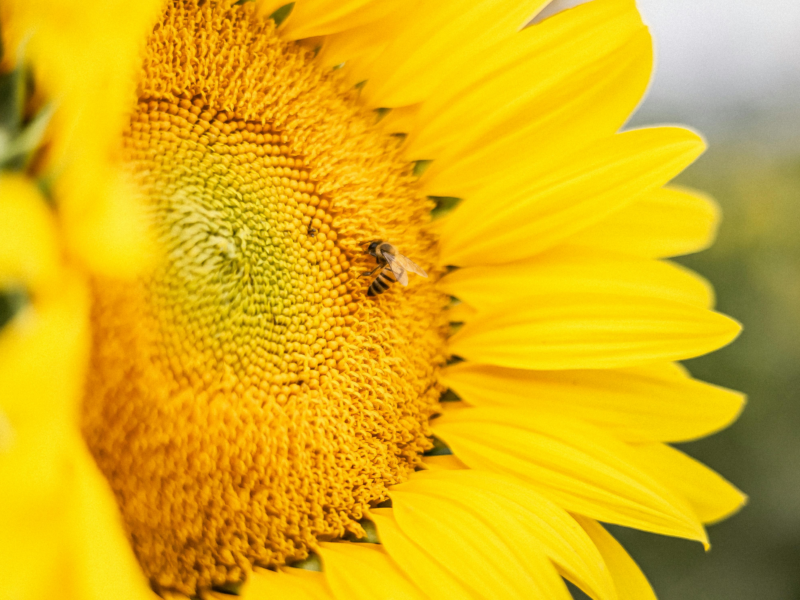Introduction
Bees are among the most vital creatures on our planet, yet they are increasingly under threat. From pollinating crops that feed billions of people to supporting natural ecosystems, bees play a role far larger than their small size suggests. Unfortunately, the combined pressures of habitat loss, pesticide use, disease, and climate change are pushing many species of bees toward decline.
In recent years, bee conservation and sustainable beekeeping practices have become global priorities. Protecting bees is not only about saving one species; it’s about ensuring food security, maintaining biodiversity, and creating a healthier planet for future generations.
This article explores why bee conservation matters, what sustainable beekeeping really means, and what each of us can do to support pollinator health.
Why Bees Matter: The Role of Pollinators in Our Ecosystem
Pollination and Food Security
- Around 75% of global crops depend to some extent on pollinators.
- Common foods like apples, almonds, coffee, and berries would disappear without bees.
- The economic value of pollination is estimated at hundreds of billions of dollars annually.
Biodiversity and Ecosystem Health
- Bees pollinate not only crops but also wildflowers.
- This maintains genetic diversity, ensures habitats for wildlife, and sustains natural ecosystems.
- Without bees, entire ecosystems could collapse, leading to cascading effects on biodiversity.
Challenges Facing Bee Populations
1. Habitat Loss
Urbanization, intensive agriculture, and deforestation reduce natural habitats for bees. Lack of diverse forage weakens their nutrition and survival.
2. Pesticide Exposure
Neonicotinoids and other harmful chemicals affect bee nervous systems, causing disorientation, reduced reproduction, and even colony collapse.
Even experienced beekeepers make errors that can harm their colonies. Make sure you are not making these Top 10 Beginner Beekeeping Mistakes in your apiary
3. Climate Change
Shifts in flowering times, droughts, and extreme weather events disrupt bees’ natural cycles and food sources.
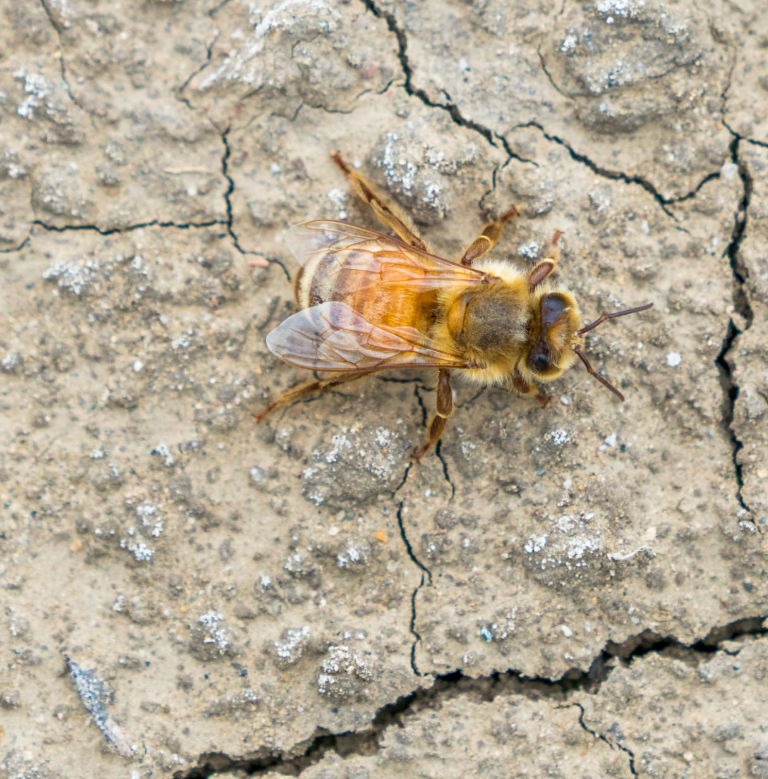
4. Diseases and Pests
Varroa mites, Nosema fungi, and viruses are spreading rapidly, especially in managed colonies, threatening bee health worldwide.
📚 Related Reading
What Is Sustainable Beekeeping?
Sustainable beekeeping focuses on practices that benefit both honey production and bee health, while minimizing environmental harm. Key principles include:
- Supporting Natural Foraging – Allow bees access to diverse flowering plants.
- Minimal Chemical Use – Avoid synthetic pesticides in hives; use natural treatments where possible.
- Maintaining Genetic Diversity – Encourage breeding of resilient, local bee strains.
- Providing Adequate Space and Nutrition – Avoid overharvesting honey; leave enough for colony survival.
- Respecting Bee Welfare – Treat bees not only as honey producers but as essential contributors to the ecosystem.
Practical Sustainable Beekeeping Methods
Natural Hive Management
- Use top-bar or Warré hives that mimic natural conditions.
- Limit interference and avoid unnecessary hive manipulations.
Integrated Pest Management (IPM)
- Monitor colonies regularly instead of relying on chemical treatments.
- Introduce biotechnical methods (drone brood removal, screened bottom boards) to reduce pests.
Organic Beekeeping
- Place hives in pesticide-free zones.
- Encourage organic forage by planting wildflowers and cover crops.
Balanced Honey Harvesting
- Always leave sufficient honey for winter survival.
- Supplement with natural feeds only when necessary.
A key part of sustainable management is observing your colony without causing stress. Learn how to do this correctly in our Ultimate Guide to Hive Management.
Did You Know?
If honey bees were to disappear, it would cost the global economy an estimated $150 billion annually in lost agricultural productivity. But more importantly, many of our favorite foods like coffee, chocolate, and almonds would become rare luxuries or disappear entirely from our tables.
Bee Conservation Beyond Beekeeping
Even if you are not a beekeeper, there are many ways to support bee conservation:
- Plant a Pollinator Garden – Grow native flowers, herbs, and shrubs that bloom year-round.
- Avoid Harmful Pesticides – Use natural pest control in gardens and farms.
- Support Local Beekeepers – Buy raw, local honey and bee products from sustainable sources.
- Raise Awareness – Participate in “Save the Bees” campaigns and educate others about their importance.
- Policy Support – Advocate for laws that restrict harmful pesticides and protect pollinator habitats.
Global Bee Conservation Initiatives
Several organizations are working tirelessly to reverse pollinator decline:
- The Pollinator Partnership – Promotes pollinator-friendly farming practices.
- Bee Informed Partnership – Provides research and data for sustainable beekeeping.
- UN Pollinator Initiative – Supports countries in creating pollinator-protection policies.
These global collaborations highlight that protecting bees is not a local issue—it’s a worldwide movement.
The Future of Bees: Can We Reverse the Decline?
While the threats are serious, solutions exist. By combining science, traditional knowledge, and sustainable practices, we can stabilize bee populations. Technology, such as hive monitoring systems and genetic research, may also help identify healthier strains and fight disease.
But ultimately, the survival of bees depends on collective human effort—from governments and farmers to gardeners and conscious consumers.
For more data on global bee population trends, see the UN FAO Pollination Initiative.
Scientific information on sustainable beekeeping is also available from the Nature Research Journal.
Frequently Asked Questions (FAQ)
1. Why is bee conservation important for the environment?
Bee conservation is essential because bees are responsible for pollinating nearly 75% of the world’s flowering plants and about one-third of the food we consume. Without healthy bee populations, ecosystems begin to collapse, agricultural yields decline, and biodiversity suffers. Protecting bees helps maintain stable food systems and resilient natural habitats.
2. What are the biggest threats to bee populations?
The main threats include habitat loss, pesticide exposure, climate change, monoculture farming, parasites such as the Varroa destructor mite, and reduced floral diversity. These factors weaken colonies, reduce food availability, and increase bee mortality worldwide.
3. What can I plant to help save the bees?
Plant native wildflowers, lavender, clover, coneflowers, goldenrod, sunflowers, and bee-friendly herbs such as thyme, oregano, and rosemary. Native plants bloom at different times of year, offering continuous nectar and pollen sources for both wild bees and honeybees.
4. Are organic farming methods better for bees?
Yes. Organic farming reduces pesticide exposure, increases plant diversity, and improves soil health — all of which contribute to stronger pollinator populations. Farms that practice regenerative agriculture also support sustainable bee habitats year-round.
5. How can beginner beekeepers practice sustainable beekeeping?
Beginner beekeepers can support sustainability by providing diverse forage, avoiding chemical treatments when possible, using integrated pest management (IPM), maintaining proper hive ventilation, preventing overcrowding, and allowing bees to keep enough honey for winter survival instead of over-harvesting.
6. Do backyard beehives help bee conservation?
Backyard beehives help when managed responsibly. Providing a healthy hive, access to diverse forage, and avoiding excessive colony numbers in small areas can strengthen local pollinator networks. However, beekeeping should complement — not replace — wild bee habitat conservation.
7. How does climate change affect bee health?
Climate change disrupts flower blooming cycles, reduces nectar production, increases drought stress, and creates extreme temperatures that weaken bee colonies. It also expands the range of pests and diseases. This combination puts long-term pressure on both wild bees and managed honeybee hives.
Conclusion
Bee conservation and sustainability are about more than honey—they are about protecting life itself. Without bees, global agriculture, ecosystems, and biodiversity would face irreversible damage.
By adopting sustainable beekeeping practices, reducing pesticide use, planting pollinator-friendly gardens, and supporting conservation efforts, each of us can contribute to the survival of these irreplaceable creatures.
Protecting bees is protecting the future.

